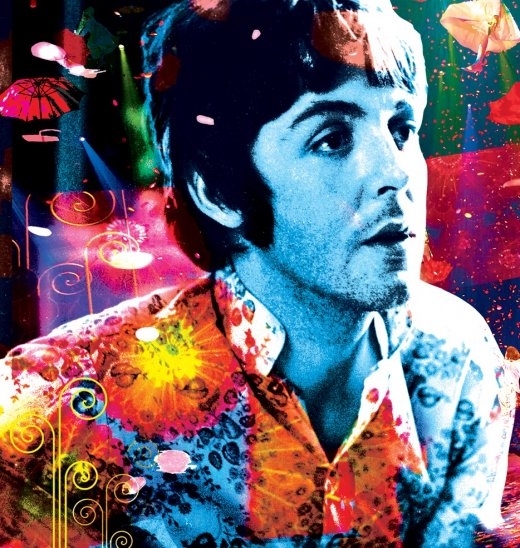FRESH AIR
When Paul McCartney was a little boy, he always looked forward to New Year’s Eve — the biggest social event of the year in Liverpool. “The family would all gather, my dad was the pianist, and … drinks would appear and people would start singing,” he tells Fresh Air‘s Terry Gross. “And apparently never stop until we all ran out for New Year’s.” McCartney’s latest album, Kisses on the Bottom, is filled with songs he associates with his father and his father’s generation, including “Home” and “I’m Gonna Sit Right Down and Write Myself a Letter.” “These songs are etched in my memory, and they’re very happy memories, so I wanted to do the songs for that reason,” he says. “I’ve always loved them, but when rock ‘n’ roll came along and I got into The Beatles, we just thought we were just doing another thing. It didn’t dismiss the other songs at all. In fact, they became the basic structure of a lot of what John [Lennon] and I wrote.” McCartney says he used to analyze the melodic structure and various key changes in the songs from his childhood, and then used those musical tricks while writing songs for The Beatles, Wings and his solo albums. In the original song “My Valentine” from Kisses on the Bottom, for example, the song switches from a major key to a minor key. “It’s just a little thing that most people wouldn’t notice it happening, but it just changes the mood,” he says. “Obviously, musicians would know exactly what was happening. … In “Here, There and Everywhere,” one of my songs with The Beatles, it does [the key change] after the middle. It’s a very simple trick, but quite effective.” McCartney says that when he was writing original songs, he was also conscious of a desire to shake up the structure of music from his childhood. “What happens is you listen to the old songs — and you’re brought up with the old songs, and you love them — but then there comes a time when you’re doing your thing and there doesn’t seem to be much sense in repeating what’s gone before,” he says. “So you then use the structure or the memory, almost, but you put your own spin on it and try to get away from any formula. And so you experiment with the structure for your own songs. We did that. … You’re conscious of the old songs, but you’re also conscious of forging a new way to write.” MORE

